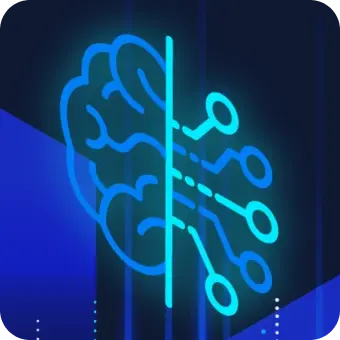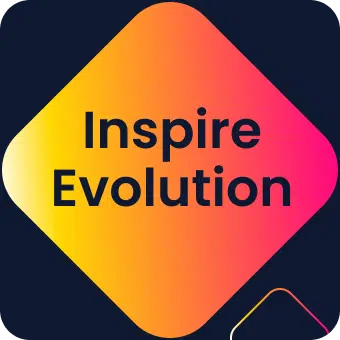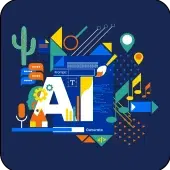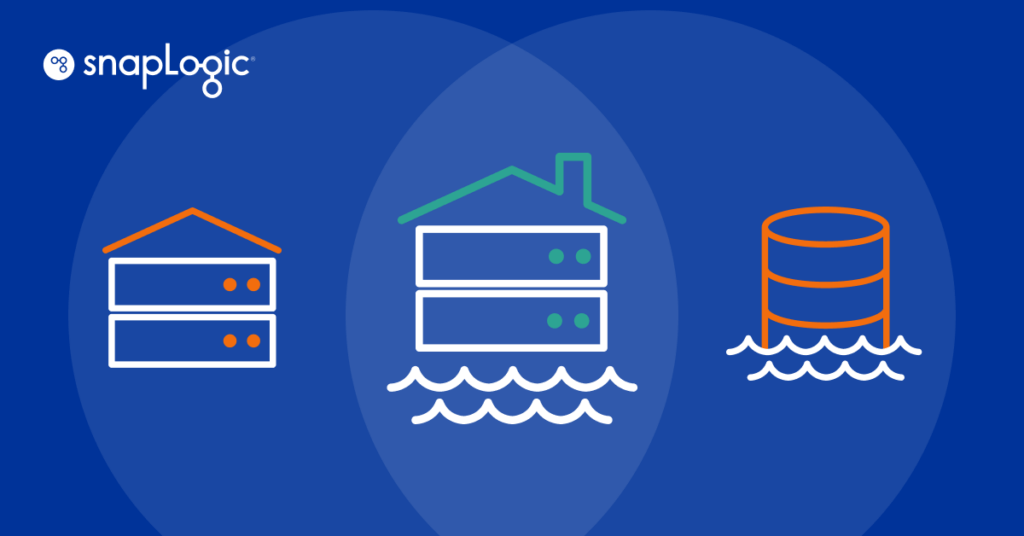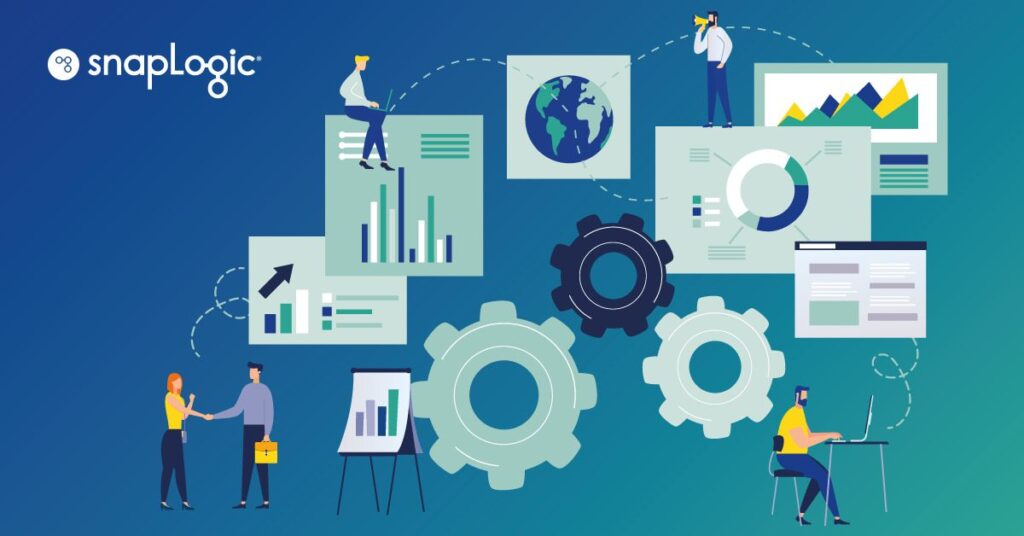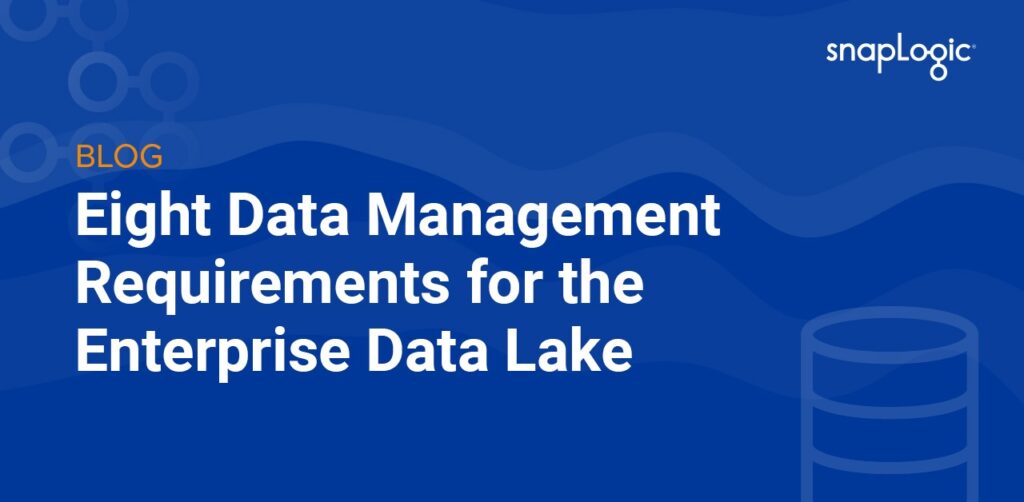I t’s been a busy week in the world of data integration and data management:
t’s been a busy week in the world of data integration and data management:
- After many months of rumors and speculation, it was announced that Tibco has been acquired by Vista Equity for $4.3 billion.
- At Oracle Open World 2014, the company has announced an integration platform as a service (iPaaS) that appears to be built by their ESB/SOA Suite team.
- Today SnapLogic announced our Fall 2014 release, which continues to break the barriers between data and application integration in the cloud with SnapReduce, Hadooplex and big data wrangling capabilities.
..and it’s only Tuesday!
Speaking of old and new approaches to integration, on Monday, an article I wrote was published on Sandhill.com: Why a Data Management ELA in 2014 Could Cost CIOs Their Jobs. In the article, I make the following points:
“With so much technology disruption and change happening in the world of data, and much more to come (regardless of whether you call it “data wrangling,” “data preparation,” “data blending” or good old “data integration”) why would anyone stifle data innovation by locking into an ELA with a legacy data management software vendor? It would be like making a big bet on Cobol in 1998. It’s a recipe for what I call Innovation Prevention, and that’s not a reputation any CIO wants in 2014. “
and
“The world of data management is no longer a structured world. It’s no longer a world of rows and columns. The organizing principles of data warehousing are now being rewritten as we prepare for the impact of Hadoop, NoSQL databases and data warehousing in the cloud. So from a data management technology perspective in 2014, whether it’s Big Data, data integration, data quality, master data management (MDM) or data visualization, the last thing you want to do is end up with one throat to choke that is already dead. “
The article recommends that CIOs and enterprise IT organizations in general, “develop a best-of-breed mindset and, when it comes to your data, focus on the innovation possibilities not just your traditional integration and data management options.” You can read the entire post here. I also wrote about why legacy ETL and EAI vendors will continue to struggle in the world of SMACT here.
Here’s how SnapLogic CEO Gaurav Dhillon summarized the situation in today’s SnapLogic Elastic Integration Platform announcement:
“We’re seeing increasing opportunities to democratize the flow of information and replace legacy data integration technologies that are slowing down business growth and innovation in the era of social, mobile, analytics, cloud computing and the Internet of Things.”
It’s an exciting time for integration innovation. Here’s hoping you don’t end up with an enterprise license agreement (ELA) for COBOL-like technology heading into 2015.
